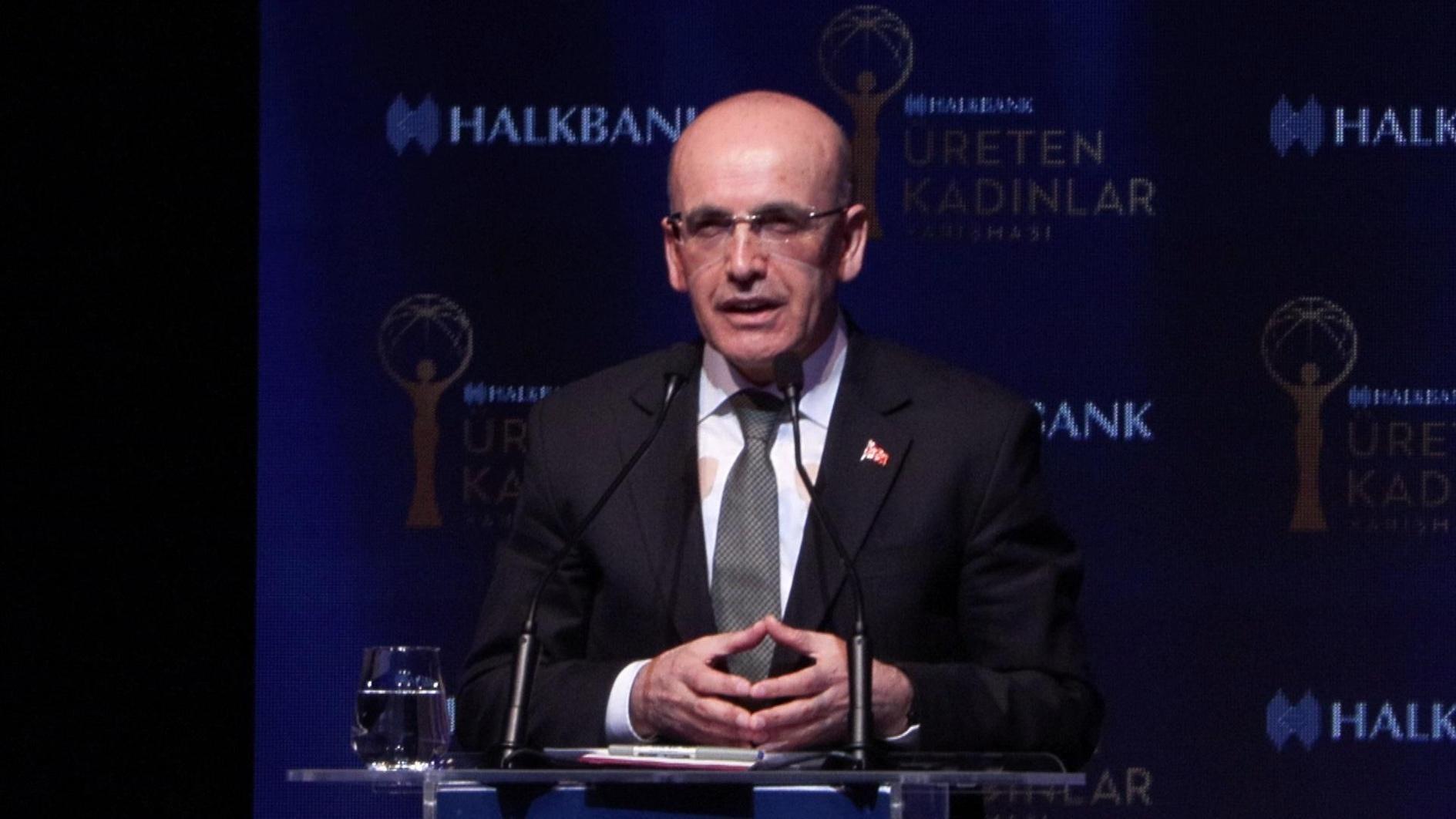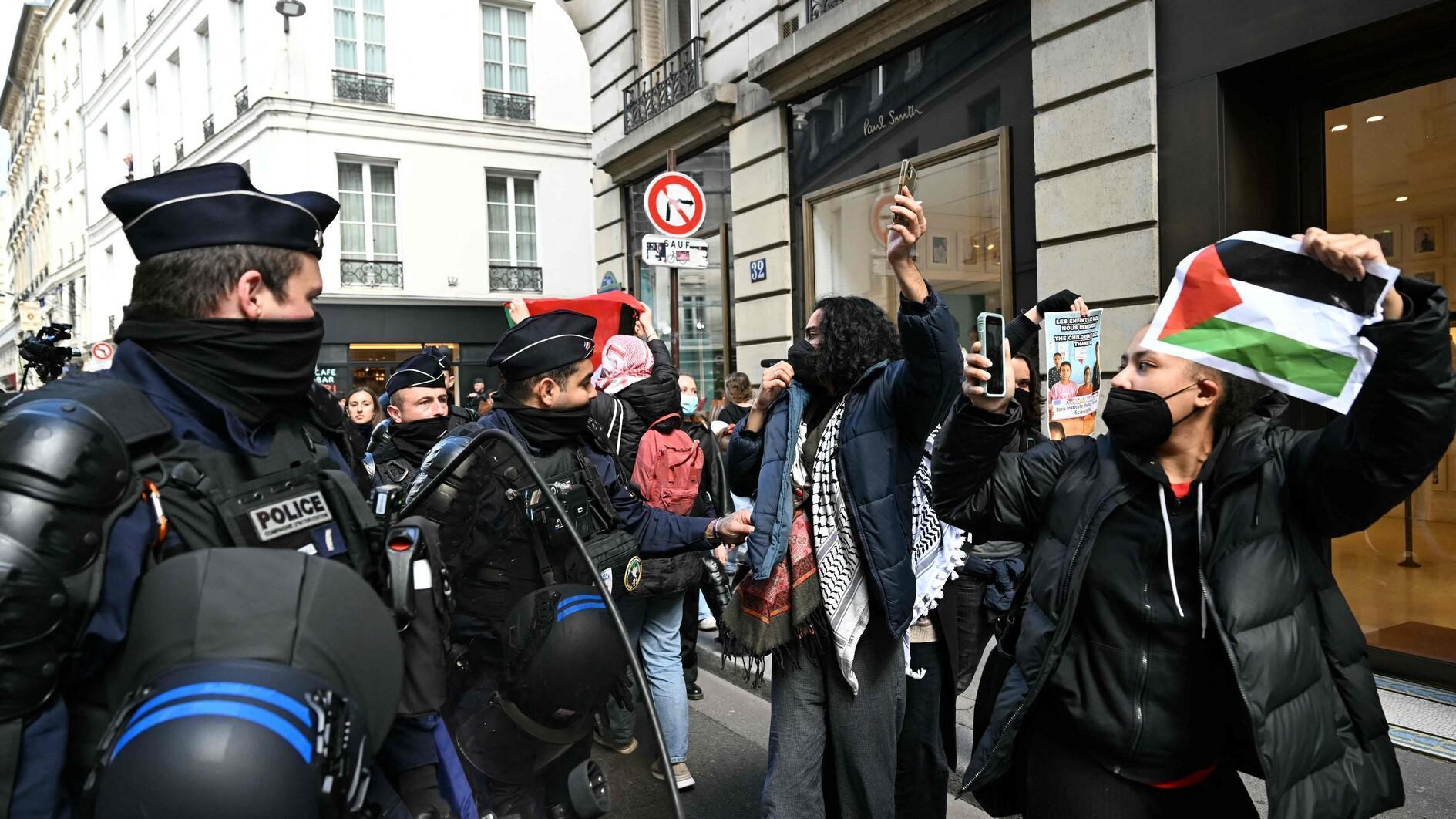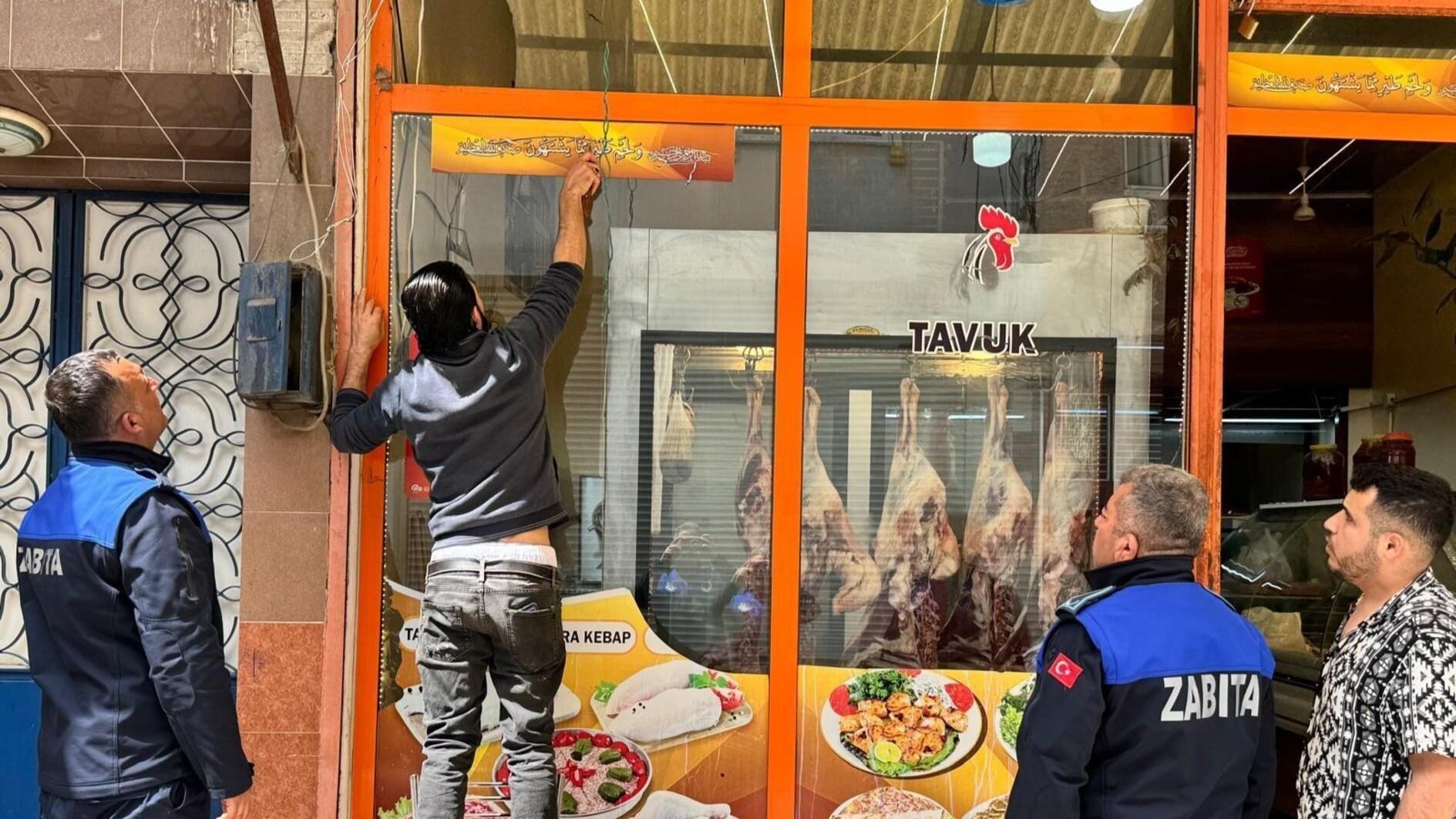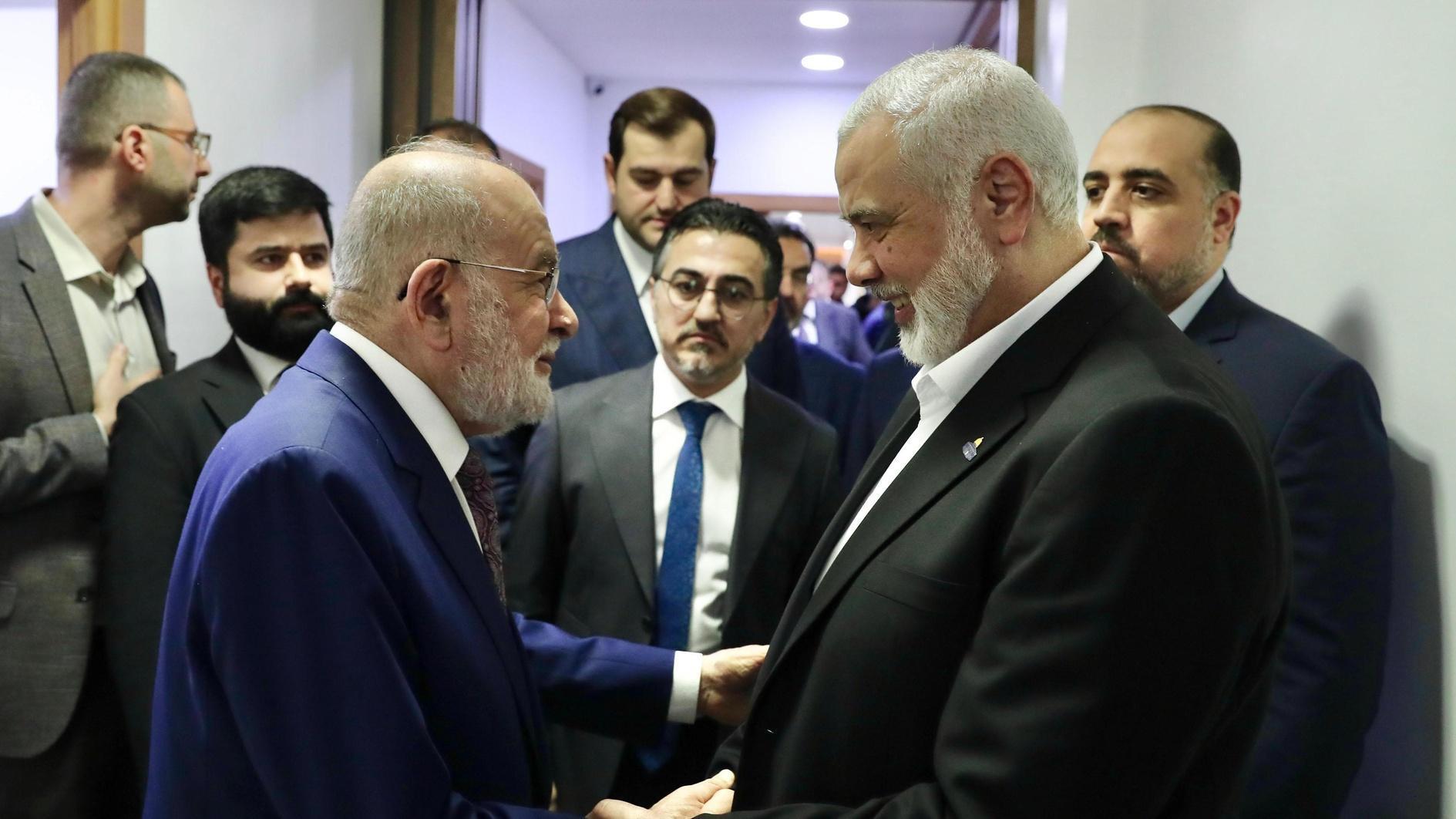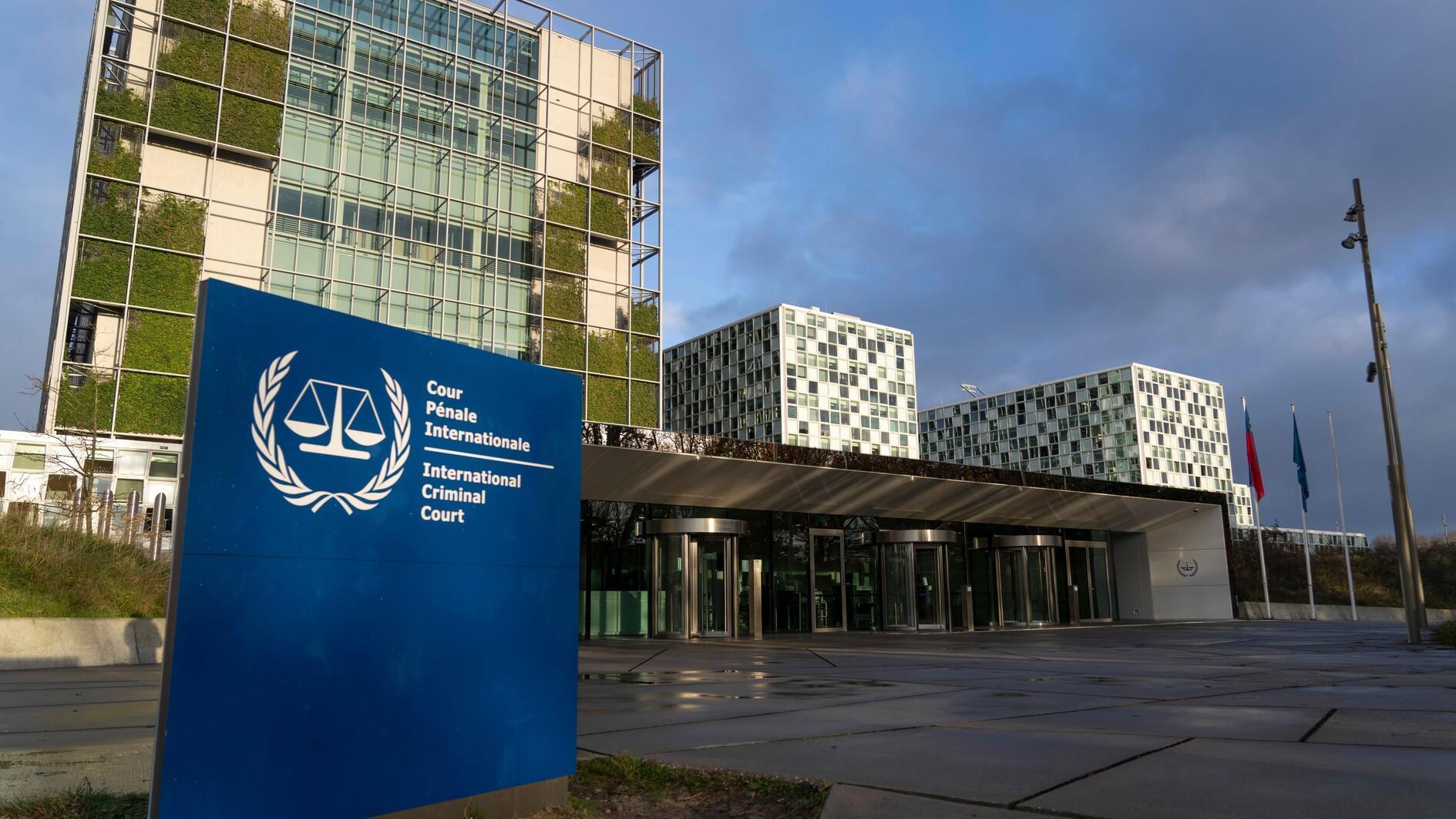A judicial scandal aiming at the opposition leader
The scandal broke on the early afternoon of April 29.
The deputy chairman of Turkey’s main opposition Republican People’s Party (CHP) said an Istanbul prosecutor was asking the CHP leader Kemal Kılıçdaroğlu to testify as a defendant in a case that was not written in the call. Bülent Tezcan said the was a violation of the Constitution and the law since such calls have to be made through the Justice Ministry and Parliament for members of Parliament, due to their parliamentary immunity. Underlining that this occasion was the first of its kind, Tezcan described the prosecutor’s call as “out of the law” and an “attempt to deter the opposition by manipulating the judiciary.”
As Tezcan announced that the CHP was sending the request back to the prosecutor, Mehmet Demir, a statement was made by the Istanbul Chief Prosecutor’s Office. According to this statement, Demir’s call was a “mistake,” which was the result of a “gaffe and negligence,” and the office had withdrawn Demir’s call.
Things started to become even stranger after this point, when I talked to Tezcan. He said on the phone that when the CHP received the summons, dated April 22, on April 28, he immediately called the prosecutor, Demir. “I explained to him that what he was doing was against law and asked him whether he was considering withdrawing it. He refused. The chief prosecutor’s office has probably now realized what they were doing and withdrew, possibly upon public pressure,” he said.
In the next hour, Hüseyin Çelik, deputy chairman of the ruling Justice and Development Party (AK Parti), said Demir’s move was “a clear violation of the Constitution.”
This statement complicated the matter further.
Demir’s name first became known to the public when he wrote an article on an Internet site soon after the corruption probes opened on Dec. 17, 2013 and Dec. 25, calling them “coup attempts” against Prime Minister Tayyip Erdoğan. He is known for his open stance against colleagues who took part in the probes, who were actually removed from their offices in the following weeks anyway. In a TV interview on Jan. 6, Demir criticized the prosecutors who initiated the probe for not first informing the chief prosecutor.
I asked Demir yesterday on the phone whether he had informed the chief prosecutor when he decided to call the main opposition leader to testify in a way not defined in the Constitution. He had not. “Because there was no need; this was just a complaint against him,” he said, while also admitting that it was a mistake.
So who had filed the complaint against Kılıçdaroğlu, which moved the prosecutor to act against him in an obvious breech of the rules? Was that Erdoğan? “No it was not Erdoğan. I cannot tell you who it was; it’s in the files.” And no, he was not considering resigning because of this “mistake.” “Why should I?” he asked me.
I asked Tezcan once again whether he had any name of the person who filed the complaint. No, he did not. “If we want, we can simply ask and learn. But we will not. We want that person to come out and say that he or she was the one. Plus, we do not want them to think that we are taking this scandalous attempt to deter us seriously.”
The atmosphere of political polarization in Turkey has started to surface in a number of different ways that were never seen before. It has now reached the stage of trying to drag the opposition leader before the court by forcing the limits of law. One questions what is next.



